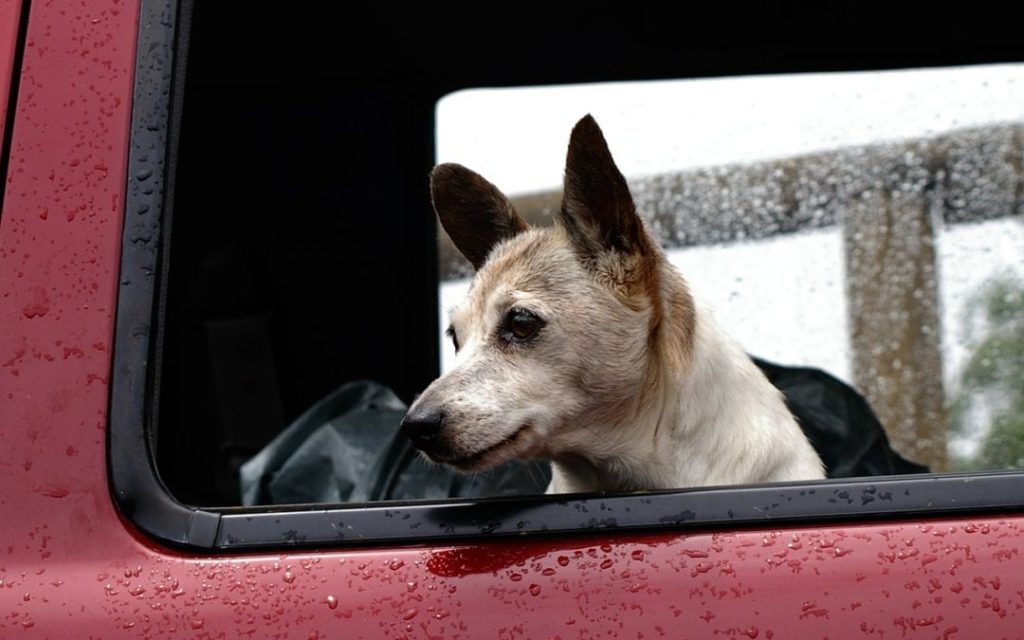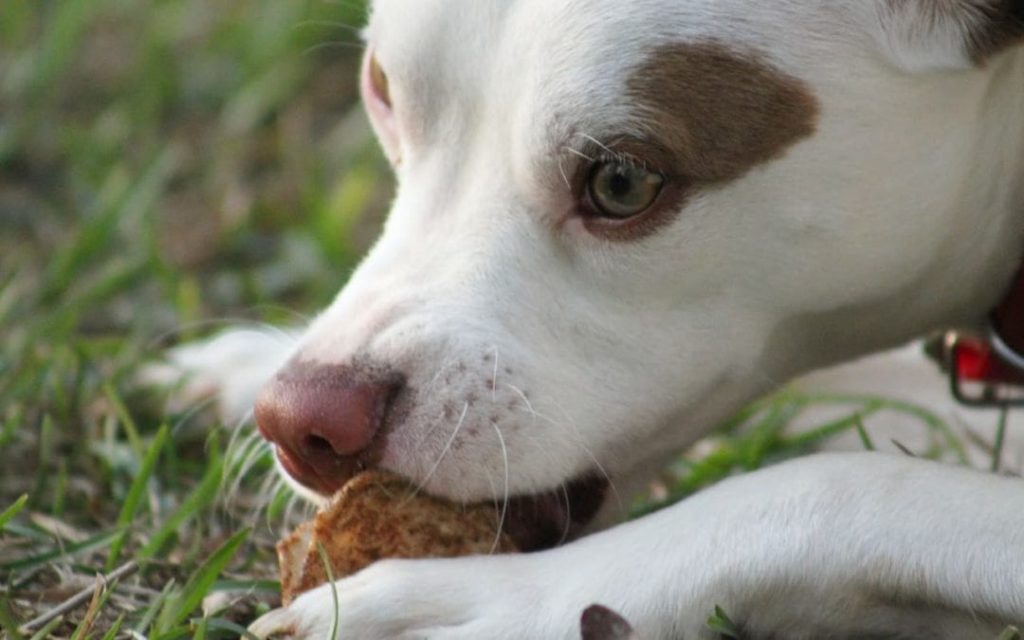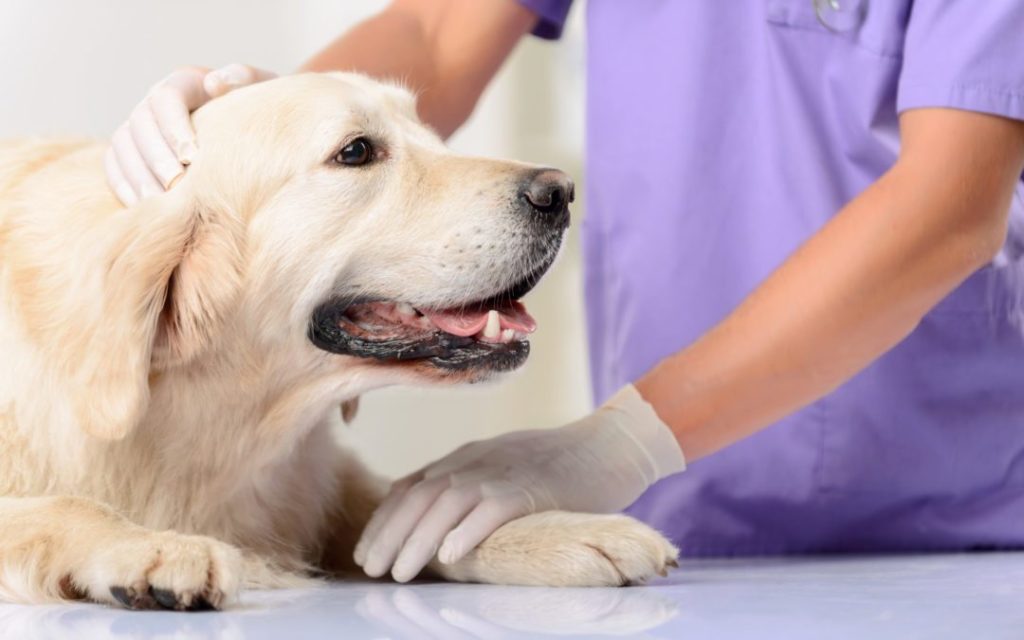Health
Letter to Our Clients
THANK YOU for your continued understanding through this COVID-crisis! In this topsy-turvy world, our goal remains the same: to be here when your pet needs us while protecting the health and well-being of pet owners and our staff. We wanted to take some time to better explain our policies and what we are doing to…
Do You Have a Disaster Plan for Your Pet?
In cases of extreme weather, it’s important for your family to be prepared and that includes your pets! We have attached a wonderfully helpful article from Today’s Veterinary Practice that will help all of us ensure we are as prepared as possible when the unexpected happens! Click here to read the Pet Disaster Plan article.
Pet Poison Prevention
There are many substances you can commonly find in your household that are toxic to your pets. These can be broken down into a few separate categories such as foods, plants, and chemicals. Some of the common foods that are toxic to dogs and cats are chocolate, macadamia nuts, grapes/raisins, onions, garlic, and xylitol (found…
January is Train Your Dog Month
What does train your dog mean? For many people, it may be as simple as getting them to sit and lay down. I have had the pleasure for many years teaching Puppy Kindergarten at Colonial Terrace Animal Hospital. The bond between you and your puppy is so rewarding to watch. Dogs love working with us. …
We’re Celebrating National Veterinary Technician Week
October 15th-21st is National Veterinary Technician Week. A veterinary technician, or vet tech, plays a vital role in a veterinary hospital. The veterinary medicine field did not originally include trained veterinary technicians. The veterinarian would often employ the help of someone to assist with nursing duties, receptionist duties, and housekeeping. It wasn’t until the 1950’s when…
Canine Influenza
The Canine Influenza Virus (CIV) has become more prevalent in the U.S. within the last decade. It was first identified in Florida in March of 2004 in racing greyhounds. It is believed that the original strain of Influenza (H3N8) that was affecting dogs first developed in horses and unfortunately jumped species. Since this initial discovery,…
Bordetella, The Kennel Cough Vaccine
Bordetella Brochiseptica, commonly known as Kennel Cough, is a bacterial infection that is easily spread from one dog to another. It is one of the most common bacterial causes of Canine Tracheobronchitis, and it is transmitted through the air or through direct contact with a contagious patient. In healthy adult dogs Bordetella can be very…
Vaccinating Against Lyme Disease and Leptospirosis
Lyme and Leptospirosis (Lepto) are two vaccines that are recommended for all pets, especially those who lead an outdoor lifestyle (camping, hiking, live in areas with wildlife going through the yard). Both vaccines are given as an initial vaccine and need to be boostered 3-4 weeks later. After the initial set of vaccines, Lyme and…
The Feline Distemper Vaccine
The FVRCP or “feline distemper” vaccine protects against three common viruses that cats can acquire. They are: Feline Viral Rhinotracheitis, Calicivirus, and Panleukopenia. The FVR part of the vaccine stands for “Feline Viral Rhinotracheitis.” Rhinotracheitis is a contagious respiratory disease caused by herpesvirus-1. The virus causes inflammation of the eyes, nose, and trachea (“windpipe”). This…
The Feline Leukemia Vaccine
The FeLV or “Feline Leukemia” vaccine protects against one of the most common infectious diseases of cats, Feline Leukemia. The feline leukemia virus is shed in nasal secretions, saliva, milk, urine, and feces of infected cats. The virus is commonly spread through bite wounds, shared food and water sources, mutual grooming, and from mother to…










